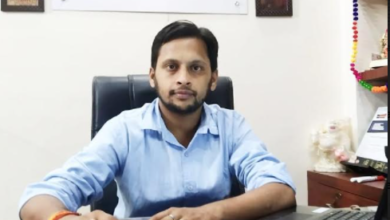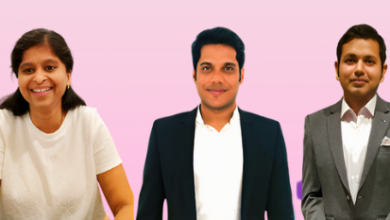Fostering innovation and entrepreneurship in semiconductor startups

Incubators and accelerators are a growing industry now. Incubators and accelerators are both programs that help startups grow. Coming at different times, incubators take in startups that are at early stages when the prototype is being built whereas accelerators take startups who are set and ready to grow. Incubators are set up by universities and govt running on grants and do not usually charge except for some of the private institutions like Venture Capitalist firms, and larger financial entities. Incubator programs are run longer, between 6 months to 2 years and accelerators take in startups that are already working and the program is usually for 2 to 4 weeks. Several incubators which are run by state govt like the T-Hub in Telangana were set up by state Govt.
Incubators and accelerators are both beneficial in their own ways, for startups to get into it when they just start, without guidance the startup wouldn’t know how to go about it, whereas incubators come in handy by guiding startups in networking, access to market and investors. Accelerators will charge you a certain amount or some percentage of your stake and equity looking at the kind of product you have to offer, they further look at the funds and connect you with investors in order for a startup to get benefited.
T-Hub 2.0 facility that will accommodate more than 200 startups from Telangana, building one of the largest incubators globally built at a cost of 300 Cr. A huge facility with 10 floors was inaugurated by Chief Minister K Chandrashekhar Rao. The T-Hub is a Telangana startup designed by a Korean company space. To foster innovation and entrepreneurship in semiconductor startups, T-Hub has launched the semiconductor cohort of the AIC T-Hub helping entrepreneurs with how to go about the challenges of growing startups. Workshops by experts will be conducted with specialized mentorship, access to the market and also having access to investors.
AIC foundation- a tie-up between Atal Innovation Mission and T-Hub, Atal Innovation Mission is set up by the Government of India in order to back the new greenfield incubation Centre. These incubation hubs focus on innovative startups and support them. Both companies have come together envisioning to support the innovation culture, for example offering solutions in the medical field along with sustainability areas.
Several startups that emerge however have a huge failure rate because of no long-term vision and no planning. This initiative will help startups get better guidance and overcome several issues faced.
With the right kind of mentorship, investors, and access to the market, entrepreneurs will have a better understanding.
AMSR, CEO of T-Hub said, “Indian engineers have contributed massively to the semiconductor sector while working with global companies, therefore we must aid them in setting up and growing their design startups with a solid backing from the ecosystem itself”. A 6-month hybrid-based program with an aim to give mentorship. The central institute of took design (CITD) and Qualcomm will be giving free access to electric design automation (EDA) software tools for large-scale integration.
T-Hub has gone on to choose 16 start-ups. The incubation hub will focus on promoting entrepreneurship and innovation in the sustainability industry by helping startups through various workshops. A three-month hybrid program has chosen tech-based startups that are into agricultural sustainability, waste, and recycling.
Startups that were chosen: Period health care and waste care, Happily Ever, Ngage, Neerovel Innovations, Himalayan Hemp organization, Jivoule Biofuels, Autostudio, Eunia Innovations, Agrtiech, EcoOrbit Solutions Elemnatra Enterprises, Blue leaves Farms, Sup-Eco App, Onelements, Animal ICU, ELAI Agritech.
“Aiming to enable startups to scale solutions which can address the world’s sustainability issues,” said Rajesh Adla, CEO of AIC T-Hub further emphasizing the help startups will receive from T-Hub and AIM in order to get regulatory compliance testing along with certification through their government contacts.
“In the next coming 3 months, we will work closely with these entrepreneurs, presenting them with an opportunity to refine their innovations via a tailored and specific mentorship,” said M Srinivas Rao, CEO of T-Hub
Both AIM (Atal Innovation Mission) and T-Hub came into an agreement to start these programs to boost the industry. In the area of the Electric vehicle, Autonomous Vehicle, and Assistive Technology space, T-hub, and AIC foundation gave support to 10 startups.





